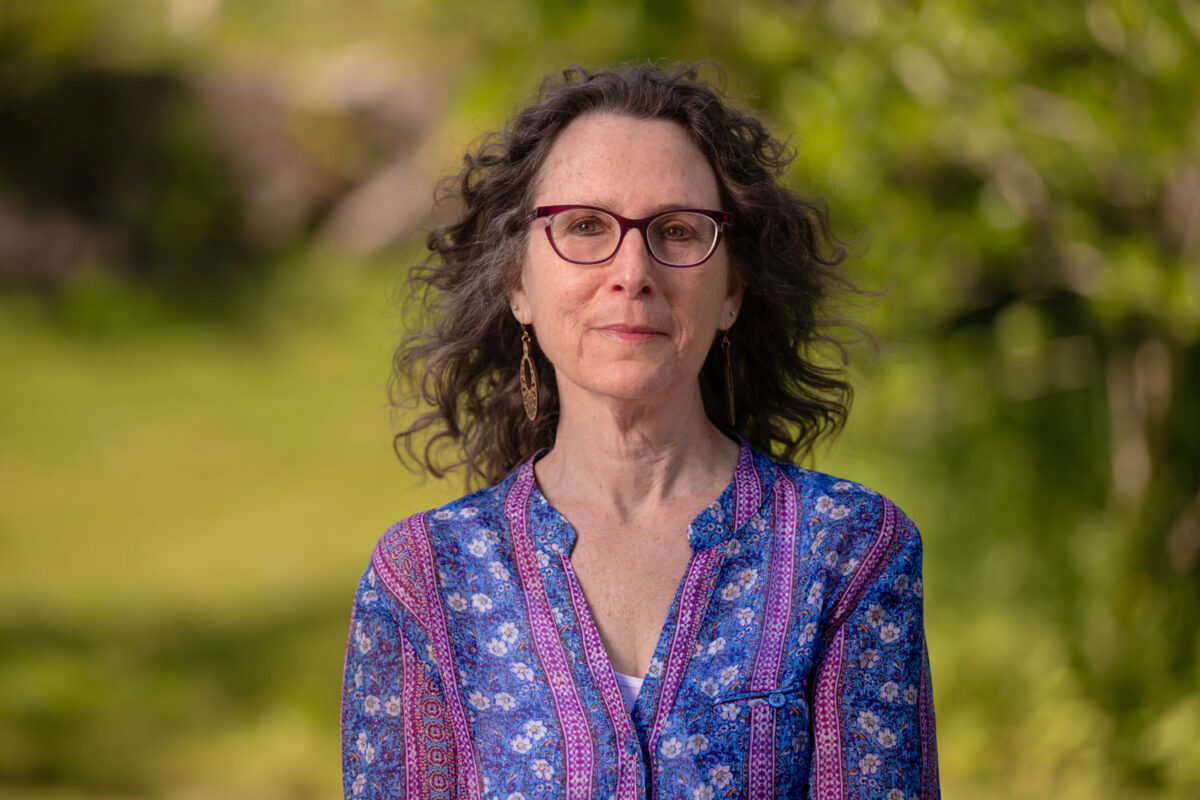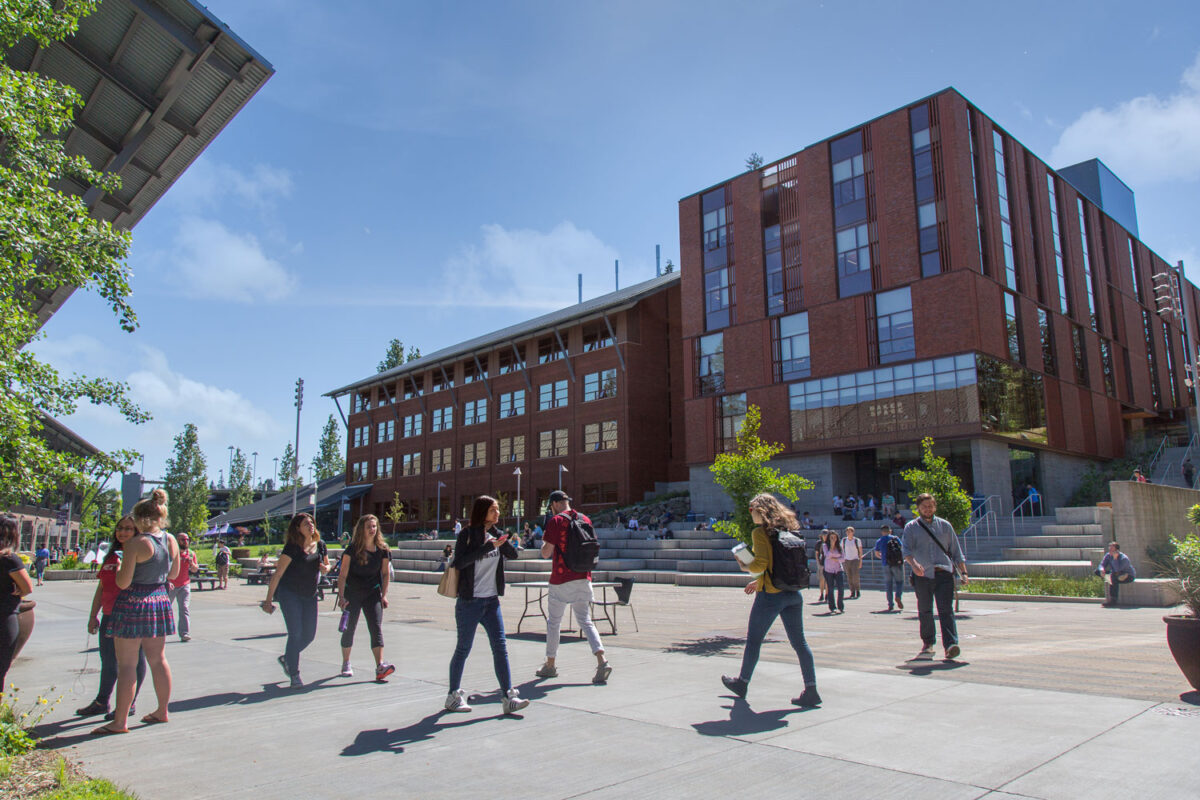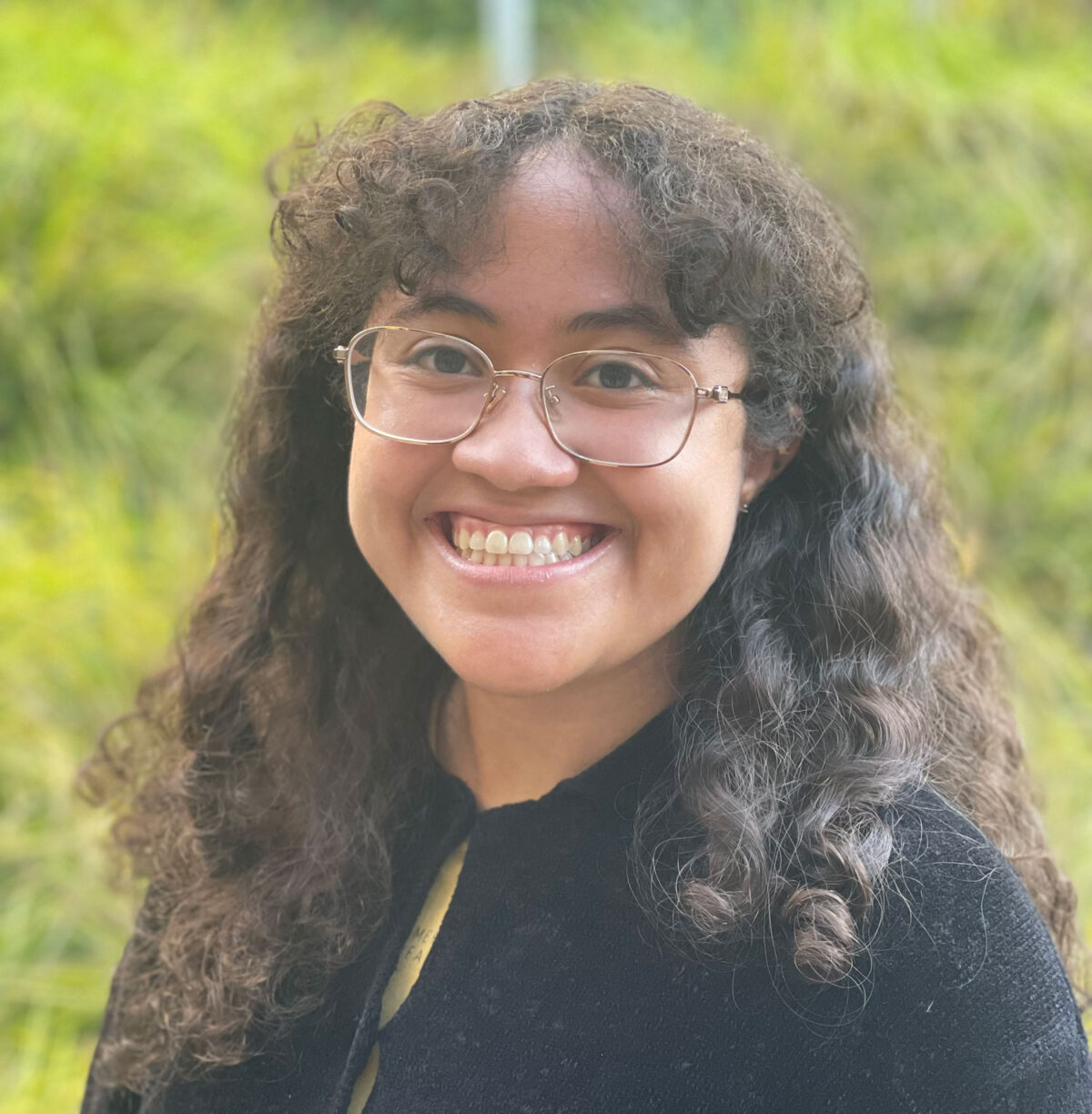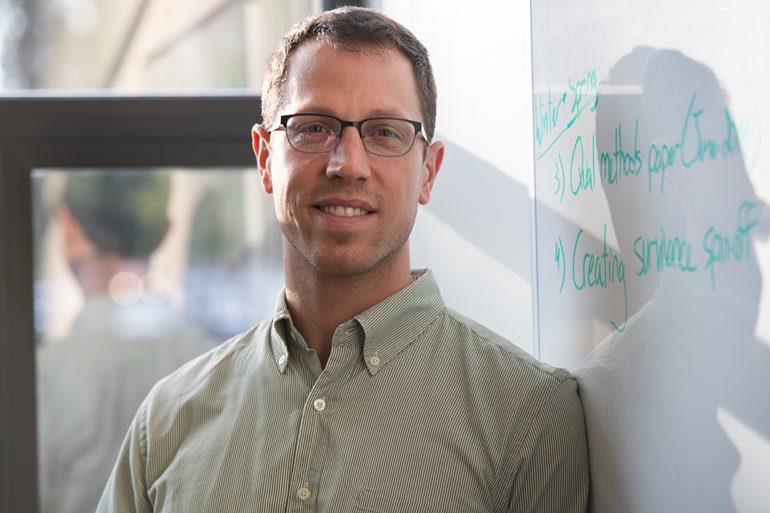
The University of Washington Bothell is engaging indigenous studies as a way to advance scholarship, build relationships with indigenous communities, and better recruit and retain Native American students.
One visible part of that effort will be panel discussions Feb. 15 on campus under the headline, Creating Survivance: Art and Indigenous Wellness. Scholars will discuss indigenous art and the future of American Indian and Indigenous studies across the University of Washington. The day will include a reception for Lakota Emergence, a contemporary Lakota art exhibition, with three of its contributing artists.
Contemporary indigenous issues
Indigenous issues are central to core questions of America, said William Hartmann, a psychologist and assistant professor in UW Bothell’s School of Interdisciplinary Arts & Sciences, who worked to bring the events to campus. The role of art in indigenous resistance and persistence is an issue Hartmann is exploring with students in a new course, Indigenous Psychology & Health.
“Indigenous wellness is tied to countering settler-colonial efforts to displace and erase indigenous peoples, efforts that work to erode their sovereignty, centrality and unique geopolitical interests,” Hartmann said.
Art plays an important role with images, actions and stories that contribute to a vital, self-determined understanding of indigenous presence and wellness, Hartmann said.
“It’s a battle of stories and representation, and it takes place in psychology and health fields, too, where American Indians are regularly misrepresented as only existing within stories of pain, pathology and dysfunction,” Hartmann said. “Indigenous art and creative action is needed here, in mental health, to break out of this tragedy genre and circulate stories of indigenous resistance, resilience and persistence.”
Connecting, recruiting, mentoring
Hartmann is building connections with tribes in Washington and has participated in the Reaching American Indian Nations student recruitment events hosted by the admissions office. Hartmann hopes UW Bothell will build on collaborations with local tribes, develop new courses on contemporary indigenous issues and hire more Native American faculty to increase opportunities for Native American students.
“Being a non-Native researcher who works with Native communities, a primary commitment of mine is mentoring Native students, particularly those interested in psychology and social science research,” Hartmann said.
The University of Washington campus in Seattle has been in the vanguard of American Indian and Indigenous scholarship for some time, Hartmann said. “So I think there’s a real opportunity for UW Bothell to get into the mix and leverage existing resources to make a real contribution.”
Visiting scholars and artists
Hartmann invited other UW scholars from Seattle and Tacoma to participate in the panel discussions at the North Creek Events Center. Those taking part from Seattle include Jean Dennison, associate professor of American Indian Studies; and Chadwick Allen, professor of English. They lead the new UW tri-campus Center for American Indian and Indigenous Studies. It connects researchers across the social sciences, arts, humanities, education and natural sciences who are committed to advancing the interests of indigenous peoples.
Other panelists include Dian Million, an associate professor of American Indian Studies at the UW in Seattle; Danica Miller, an assistant professor in the School of Interdisciplinary Arts & Sciences at the UW in Tacoma; and Craig Howe, founder and director of the Center for American Indian and Native Studies (CAIRNS) in Martin, South Dakota.
CAIRNS organized the traveling art exhibition, Lakota Emergence, on display Jan. 7 – March 13, Monday through Thursday, 9 a.m. to 4 p.m. in Cascadia College’s Mobius Art Gallery on campus. The exhibition includes 18 artworks by 16 Lakota artists interpreting the origin story of the Lakota people’s emergence onto the world. Three contributing artists will discuss their work Feb. 15 at Mobius Hall: Dyani White Hawk, Keith BraveHeart and Micheal Two Bulls. The artists also will discuss their creative practice Feb. 14 at the Henry Art Gallery in Seattle.
Cascadia College faculty member Chris Gildow, the Mobius gallery director, helped bring Lakota Emergence to campus, making it the gallery’s second contemporary Indigenous art exhibition this academic year. Native Spirit was previously on display fall quarter, 2018. It featured local Coast Salish artists.
These free public events are supported by the Simpson Center for the Humanities, UW Bothell’s Diversity Council and School of Interdisciplinary Arts & Sciences, and Cascadia College.
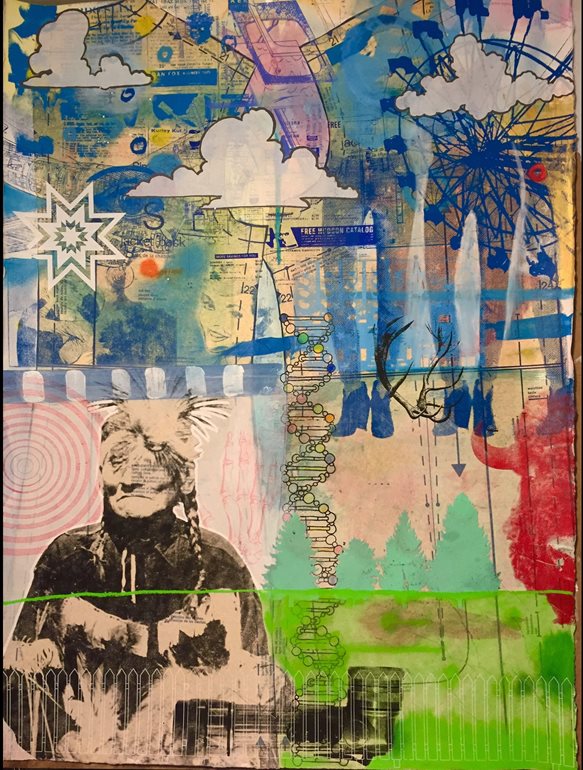
Micheal Two Bulls (Oglala Lakota)

